From its unique cultural traditions to lesser-known historical facts, Greece's rich tapestry of history and culture is full of surprises. If you’re fascinated by learning more about this remarkable country, you’ll find these facts about Greece both enlightening and captivating. Dive into these lesser-known insights and uncover a side of Greece that goes beyond the beautiful beaches and iconic monuments.
1. Greece’s Real Name is “The Hellenic Republic”

Greece’s official name is 'Hellàs' or 'Hellàda' in Greek, derived from 'sel' (light) and 'laas' (stone), translating to "a stone reflecting light." The name 'Greece' comes from 'Graecia,' the Latin term used by foreigners to refer to the country.
2. Greece is Said To Be One of the Sunniest Places on Earth
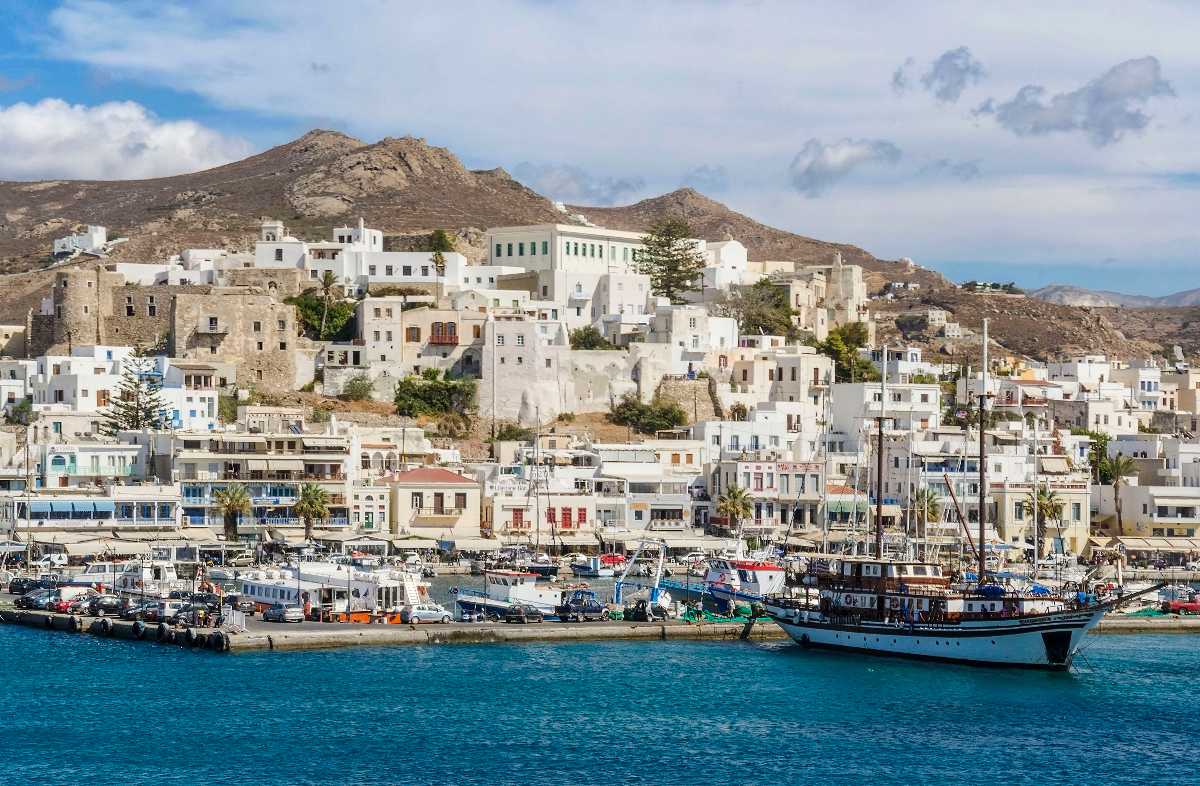
Greece enjoys over 250 sunny days per year, with some islands experiencing up to 300 days of sunshine annually. This abundance of sunlight makes Greece one of the sunniest countries in the world.
3. The Country is Home to 19 UNESCO World Heritage Sites
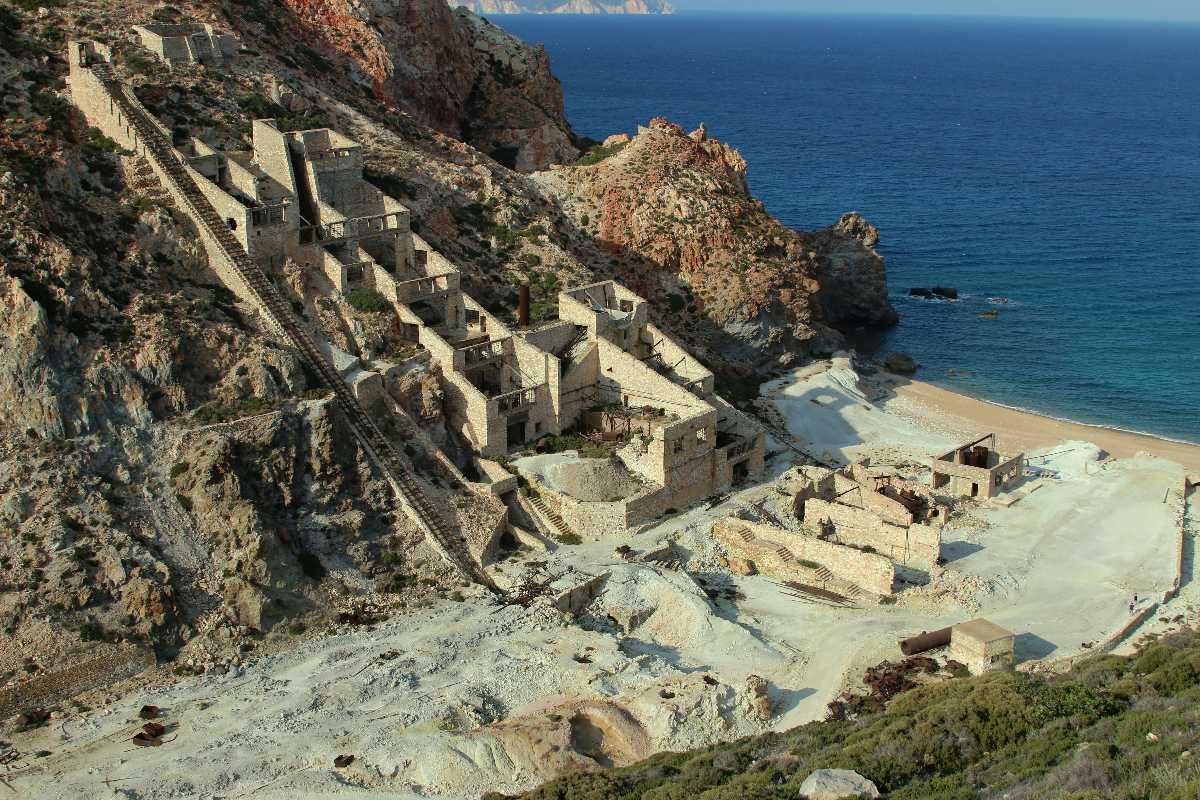
Greece is home to 19 UNESCO World Heritage Sites, including iconic landmarks such as the Acropolis of Athens, the Temple of Apollo, and the medieval city of Rhodes. These sites are recognized for their cultural and historical significance.
4. Greece Boasts More Archaeological Museums Than Any Other Country in the World
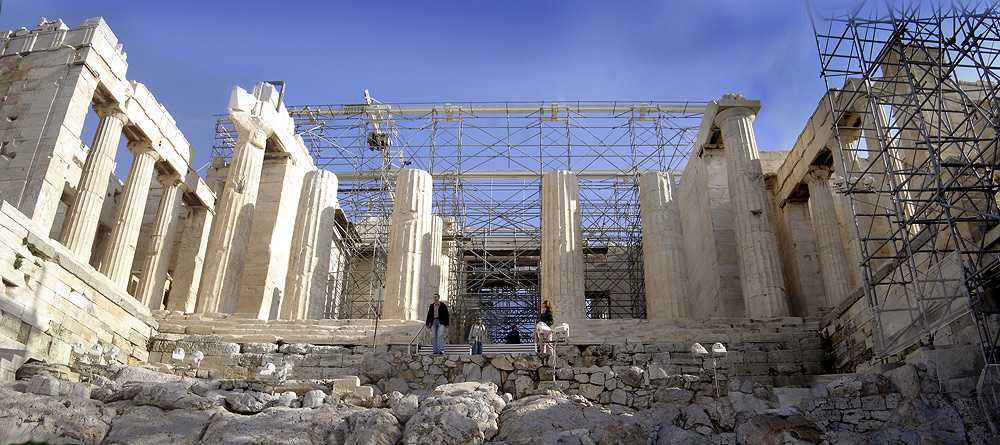
These museums, such as the Acropolis Museum and the National Archaeological Museum, house some of the most important artifacts from ancient Greek history.
5. Third Largest Producer of Olive Oil in the World is Greece

Greece is the third largest producer of olives in the world, following Spain and Italy. The country produces around 2.2 million metric tons of olives annually, contributing significantly to its economy and culinary traditions.
6. Locals Prefer Local Markets Over Supermarkets

Greeks prefer shopping at 'laiki,' open-air farmers' markets, rather than supermarkets. These markets are a vibrant part of Greek culture, offering fresh produce and a social atmosphere, especially favored in the country’s abundant sunshine.
7. There Are About 10,000 Traditional Greek Dances

Greece is renowned for its rich dance heritage, with over 10,000 traditional dances registered. Each region, island, or town often has its own unique dance, reflecting the country’s diverse cultural landscape.
8. The World’s Only Inhabited Caldera is in Santorini
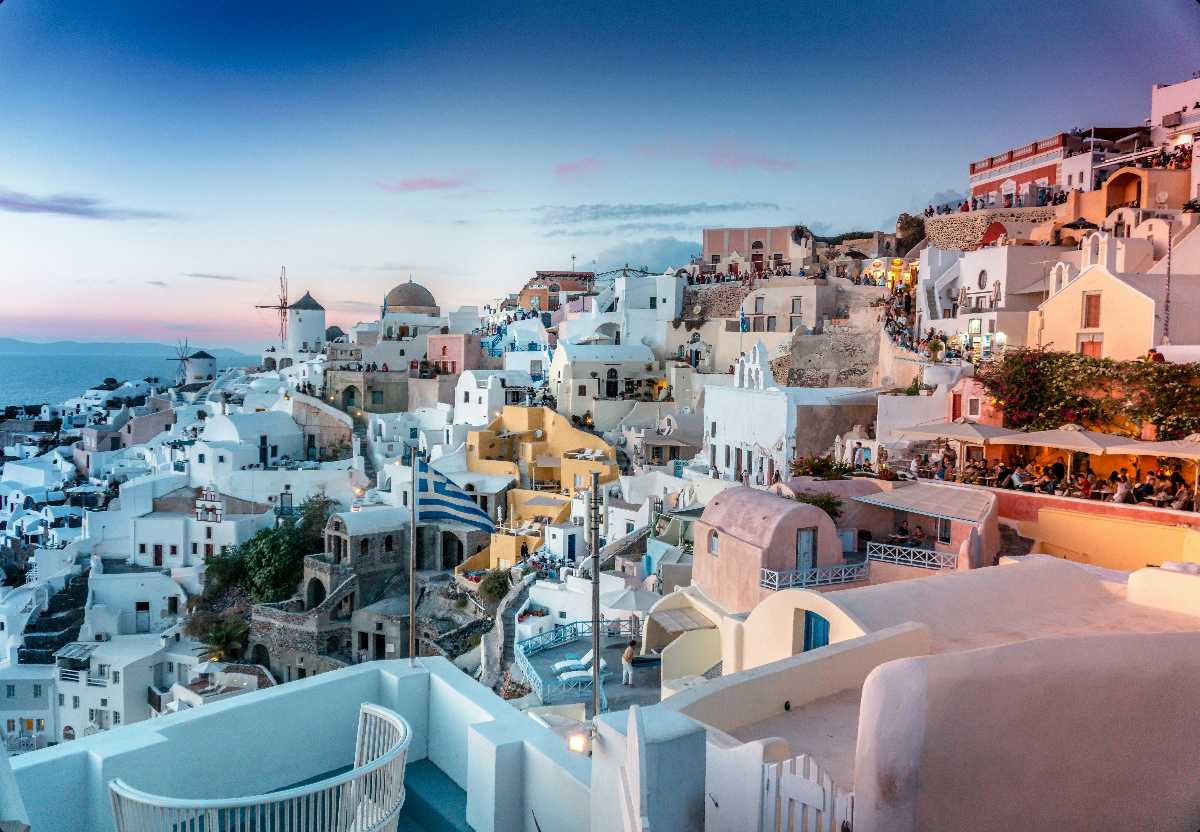
Santorini is home to the only inhabited caldera in the world, created by a volcanic eruption. The island remains active, and local authorities have prepared emergency plans for potential eruptions.
9. Greece Is Home to About 6,000 Islands and Islets
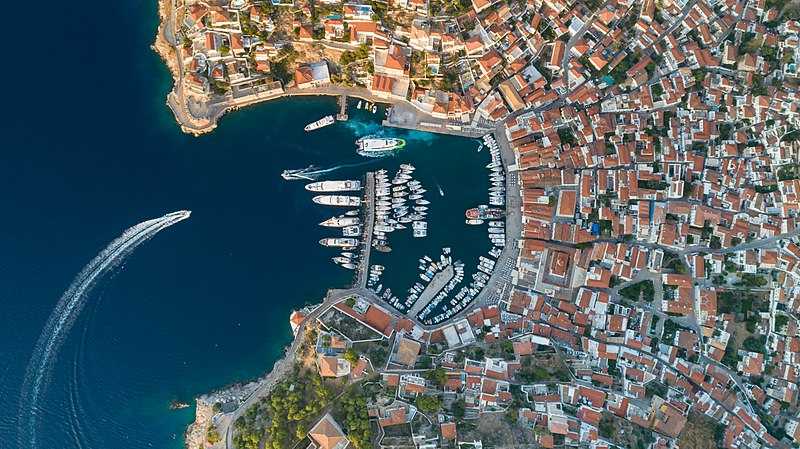
Greece has approximately 6,000 islands and islets, with fewer than 250 being inhabited. While islands like Mykonos and Santorini are famous, many lesser-known islands also offer stunning beauty and unique experiences.
10. Greeks Wear Evil Eye Jewelry to Avoid Badluck
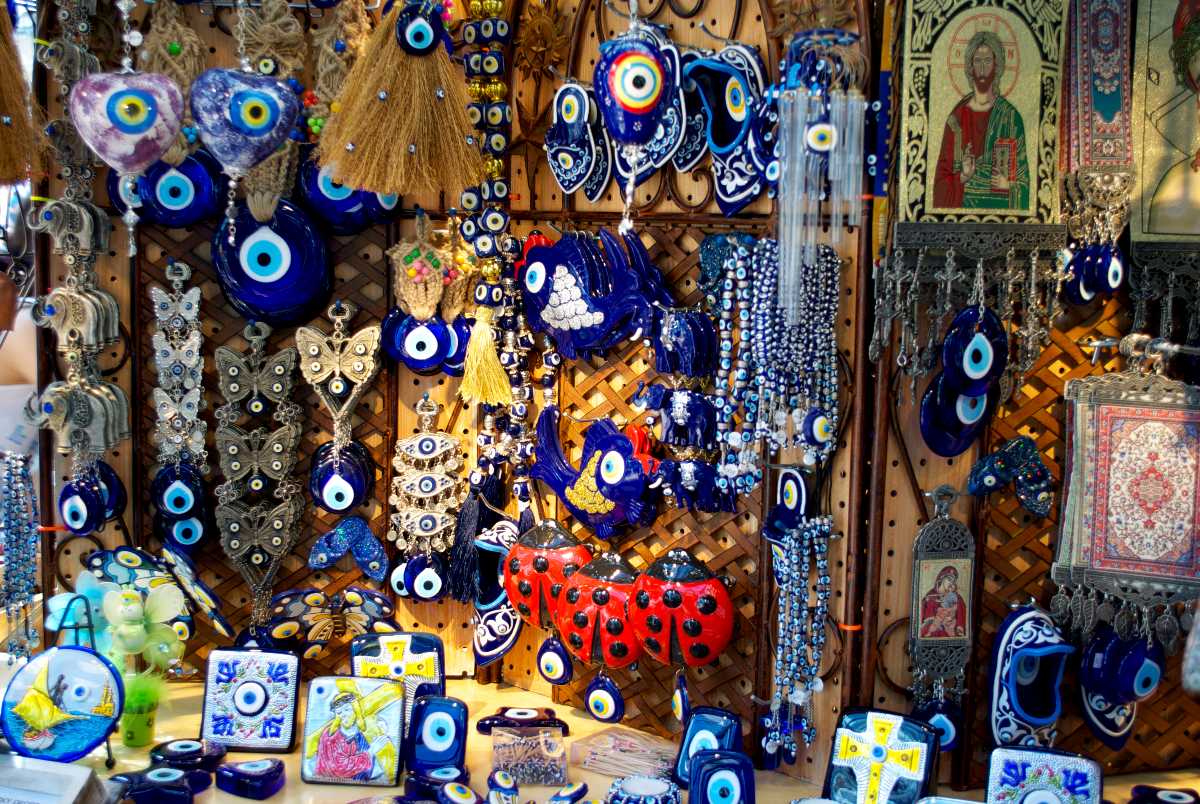
Greeks have a long-standing belief in the evil eye, or “mati,” which is thought to bring bad luck through a malicious glare. To protect against it, many Greeks wear amulets or use the color blue, which is also commonly painted on buildings.
11. Greece’s Most Popular Sport is Football

Football (soccer) reigns supreme in Greece, with the sport capturing the passion and enthusiasm of many Greeks, far surpassing other sports in popularity.
12. The First Olympics Were Held in Greece

The first Olympic Games were held in Greece in 776 BC. Winners were awarded laurel wreaths rather than gold medals, symbolizing their victory in these ancient sporting events.
13. Feta is the National Cheese of Greece

Feta cheese, made from goat’s milk, is considered Greece’s national cheese. It’s a staple in Greek cuisine and widely recognized for its distinctive flavor and texture.
14. Greeks Have Name Day Celebrations Instead Of Birthday Celebrations

In Greece, children celebrate their ‘name day’—the day of the Saint they were named after—rather than their birthdays. This tradition reflects the deep connection between names and religious significance.
15. Greece’s Largest Island is Crete

Crete is the largest island in Greece and plays a crucial role in the country’s cultural and historical heritage. Its size and diverse landscapes make it a prominent destination for travelers.
16. Greece is Home to Five Ancient Wonders Of the World

Greece was home to five of the seven ancient wonders of the world, including the Lighthouse of Alexandria and the Statue of Zeus. These landmarks highlight Greece’s historical significance in ancient architecture and art.
17. The National Animal of Greece is the Dolphin

The dolphin is considered Greece’s national animal, symbolizing grace and intelligence. It reflects the importance of marine life in Greek culture and mythology.
Exploring Greece reveals a wealth of fascinating details that are often overshadowed by its more famous landmarks. These facts about Greece offer a deeper understanding of its rich history, diverse culture, and unique traditions. Whether you're intrigued by the origin of the country's name, the vibrant local customs, or the historical significance of its ancient wonders, Greece has much more to offer than meets the eye. Embrace these captivating facts as you experience Greece’s timeless charm and discover the layers of history and culture that make this Mediterranean gem truly exceptional.